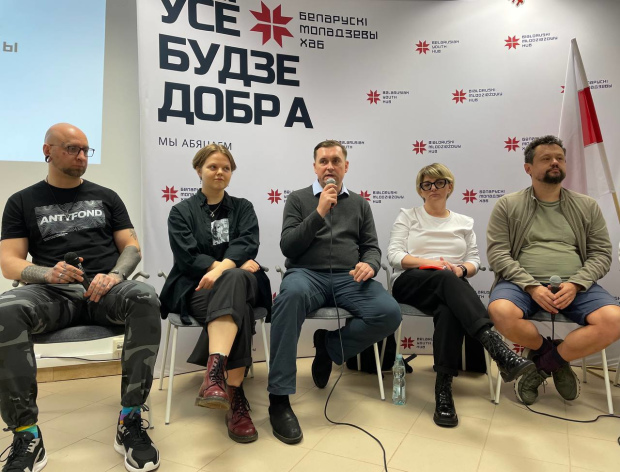229 people were persecuted by law enforcement officers during raids at the end of January. A raid on political prisoners and their close ones was carried out by 174 investigators. At 9 of Fenruary, human rights defenders gathered in Warsaw to share details of the raids. Olga Zazulinskaya, the head of the "A Country to Live in" Fund, participated in the press conference.
The head of the "A Country to Live in" foundation stated that "the names of some investigators [involved in the raid] are already known. We are gathering information, documenting all the facts."
Law enforcement officers visited political prisoners and their relatives starting from January 23rd.
43 people faced administrative penalties - fines or arrests. 24 people were detained in the framework of criminal cases under various articles (361-1, 361-2, and 361-4). 2 people ended up in the hospital during searches, detentions, and interrogations. Those held in temporary detention facilities were subjected to horrible conditions and daily abuse, human rights defenders reported.
The number of people targeted in the late January persecution is not final, emphasised Olga Zazulinskaya. Law enforcement officers could have visited more than 700 people, including families without political prisoners.
Some people were charged under Article 24.14 of the Code of Administrative Offenses "Violation of the procedure for using foreign gratuitous assistance" for receiving food aid by the families of political prisoners through the initiative INeedHelpBY. This article had not been used in political persecutions before, noted Jan Galagan, a representative of the human rights organisation "Viasna." Those charged under this article are forced to compensate for the aid - pay the monetary value of the food, said Alexey Leonchik, the founder of the BY_HELP initiative.
But not all those affected are linked to INeedHelpBY. "We have received reports of people whose children are abroad and simply helped their parents by ordering food delivery through the 'E-Delivery' service. They were persecuted because of this," Zazulinskaya said.
"They even arrested those who wrote letters, sent parcels to detention centres and prisons," says Alexey Leonchik, emphasising that it was an attack on horizontal solidarity following a North Korean-style scenario. "The goal is to intimidate people."
Recently, many people have requested evacuation, reports Andrey Strizhak, the founder of BySol. "People are scared, asking for help to leave the country faster. Some have already been evacuated."
Olga Zazulinskaya reassured that despite the attack, assistance to political prisoners will not be halted. "We do not intend to stop this aid; we will continue to help people as we did before. If we provided financial assistance, we will continue to do so. The only thing is that we had to take a small pause to understand what mechanisms we can use to ensure safety for people." Working with old protocols is no longer possible, noted Olga Zazulinskaya. "All organisations that work with families of political prisoners and contact them within the country are revising security and verification protocols."
The head of the "A Country to Live in" foundation stated that "the names of some investigators [involved in the raid] are already known. We are gathering information, documenting all the facts."
Law enforcement officers visited political prisoners and their relatives starting from January 23rd.
43 people faced administrative penalties - fines or arrests. 24 people were detained in the framework of criminal cases under various articles (361-1, 361-2, and 361-4). 2 people ended up in the hospital during searches, detentions, and interrogations. Those held in temporary detention facilities were subjected to horrible conditions and daily abuse, human rights defenders reported.
The number of people targeted in the late January persecution is not final, emphasised Olga Zazulinskaya. Law enforcement officers could have visited more than 700 people, including families without political prisoners.
Some people were charged under Article 24.14 of the Code of Administrative Offenses "Violation of the procedure for using foreign gratuitous assistance" for receiving food aid by the families of political prisoners through the initiative INeedHelpBY. This article had not been used in political persecutions before, noted Jan Galagan, a representative of the human rights organisation "Viasna." Those charged under this article are forced to compensate for the aid - pay the monetary value of the food, said Alexey Leonchik, the founder of the BY_HELP initiative.
But not all those affected are linked to INeedHelpBY. "We have received reports of people whose children are abroad and simply helped their parents by ordering food delivery through the 'E-Delivery' service. They were persecuted because of this," Zazulinskaya said.
"They even arrested those who wrote letters, sent parcels to detention centres and prisons," says Alexey Leonchik, emphasising that it was an attack on horizontal solidarity following a North Korean-style scenario. "The goal is to intimidate people."
Recently, many people have requested evacuation, reports Andrey Strizhak, the founder of BySol. "People are scared, asking for help to leave the country faster. Some have already been evacuated."
Olga Zazulinskaya reassured that despite the attack, assistance to political prisoners will not be halted. "We do not intend to stop this aid; we will continue to help people as we did before. If we provided financial assistance, we will continue to do so. The only thing is that we had to take a small pause to understand what mechanisms we can use to ensure safety for people." Working with old protocols is no longer possible, noted Olga Zazulinskaya. "All organisations that work with families of political prisoners and contact them within the country are revising security and verification protocols."


 Continue
Continue
